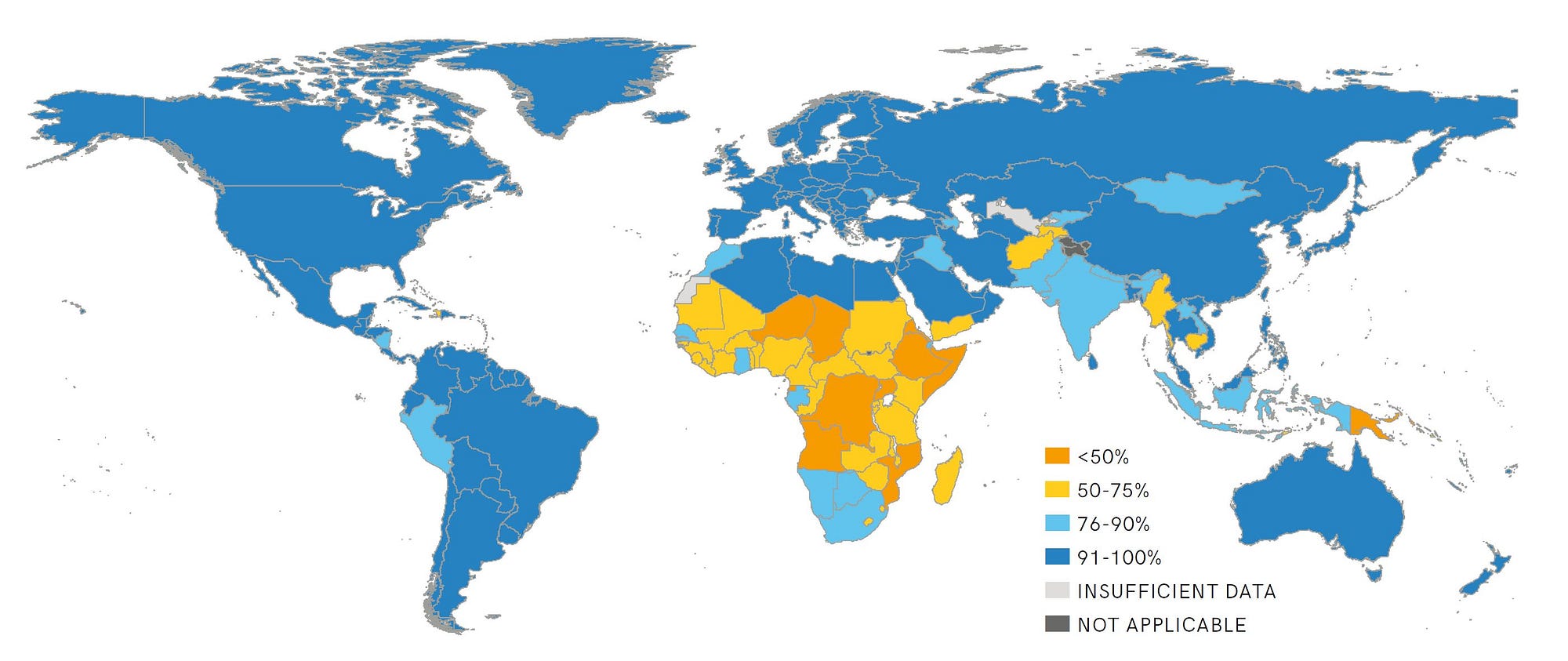From water points to improving services
Achieving Sustainable Development Goal (SDG) 6 by 2030 requires accelerating progress and investment dramatically and a shift to providing services instead of infrastructure. National policy targets and the SDGs are not going to be met at the current rate of investment and failure of existing infrastructure due to a lack of service monitoring using water point data. According to Antonio Rodriguez Serrano, Senior Water and Sanitation Specialist from The World Bank and Sistema de Información de Agua y Saneamiento Rural (SIASAR) team leader:
We have to keep the current services functional. The most critical question is not how to breach the gap to 100% coverage, it is how to sustain the services. Data we collect should help us to understand the factors that affect the sustainability of water services in rural communities and address the problems communities are having in a certain area. Data that does not trigger action should not be collected.
Evidence on the real state of basic and safely managed services, including the location of water sources and water supply and their other attributes, will be pivotal for accelerating progress and ultimately achieving SDG 6.1. It is crucial for decision-makers to understand this role of water point data.
Actionable guidance
National and local governments, donors, investors, NGOs and implementers each have different roles in ensuring sustainable services. This white paper provides actionable guidance to each on how to use water point data and improve water point monitoring based on existing practices and the experience of the authors working on water point monitoring programs and tools.
For a quick reference, there are complimentary 2-page fact sheets available for different target groups with universal lessons and specific recommendations:
- Actionable Guidance for National Government
- Actionable Guidance for Donors and Investors
- Actionable Guidance for Local Government
- Actionable Guidance for NGOs and Implementers
Download the White Paper
The White Paper builds on a) more than 30 cases from government, development partners, and the private sector; b) the experiences of users of the Water Point Data Exchange; c) interviews with leaders in the space of water point monitoring; and d) action research in Uganda, a country leading in the use and publication of water point data. You can access the White Paper “Harnessing Water Point Data to Improve Drinking Water Services” through the following link.
WASHNote and IRC Uganda authored the white paper with the support of the Water and Development Alliance (WADA), The Coca Cola Company, and USAID.
You can also find and download all these products from:

